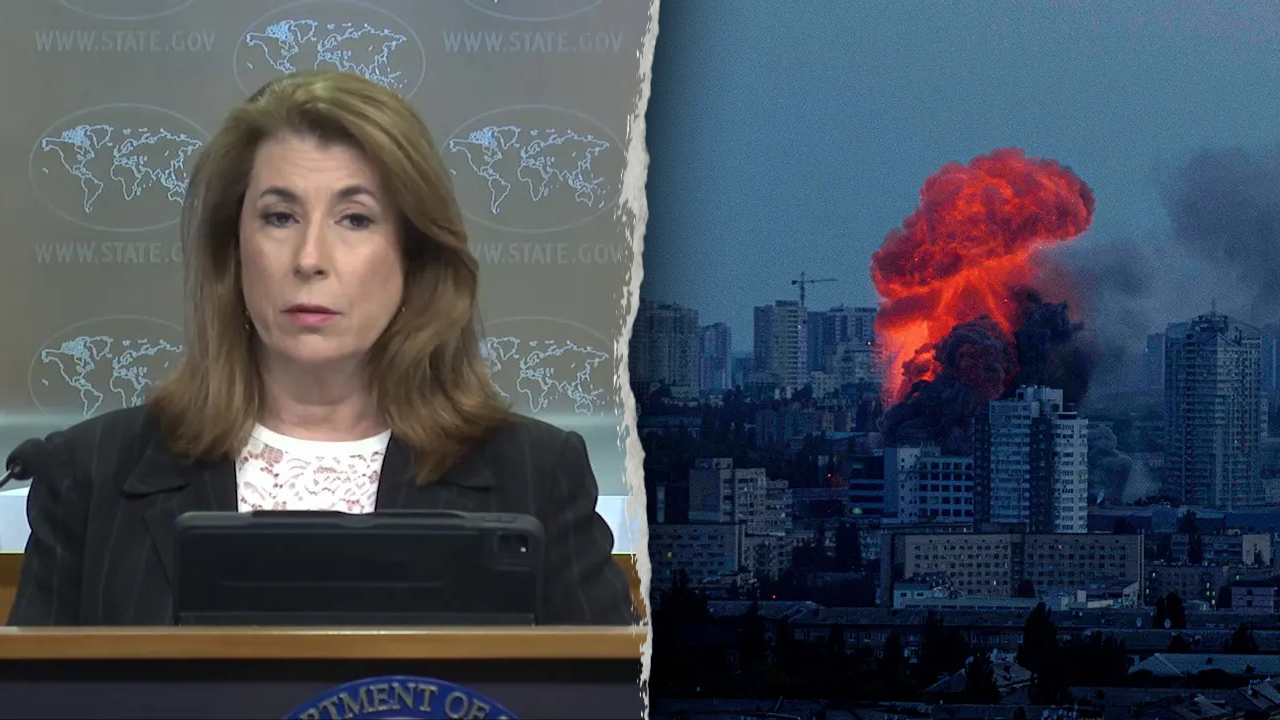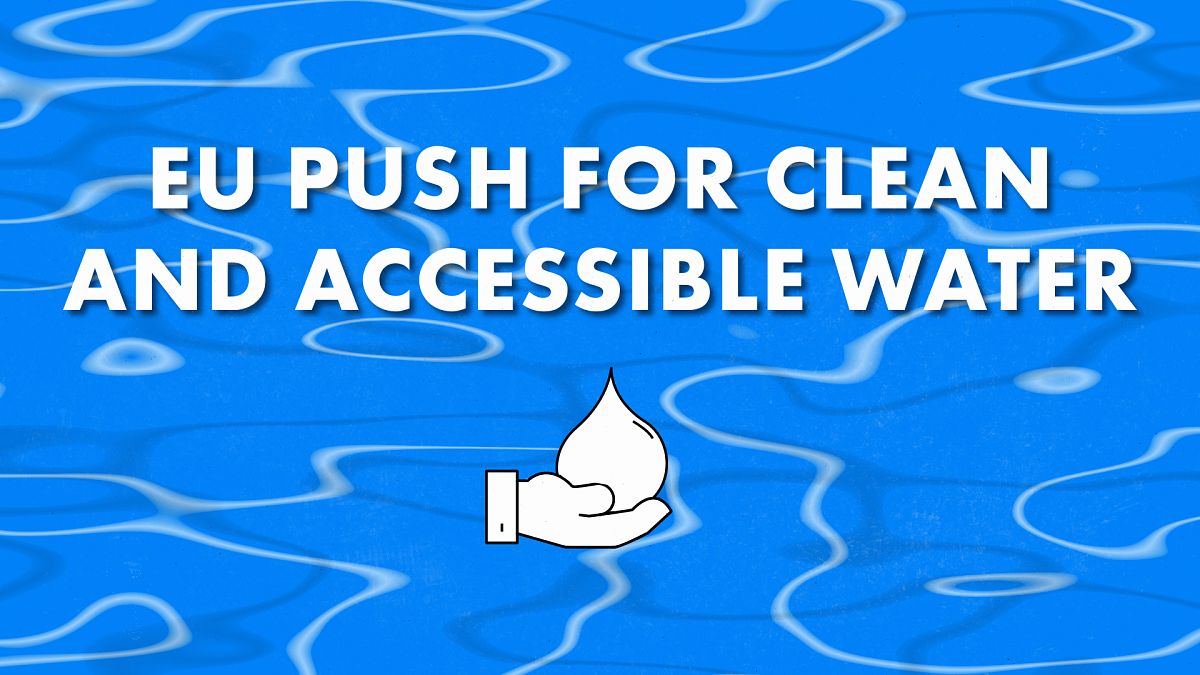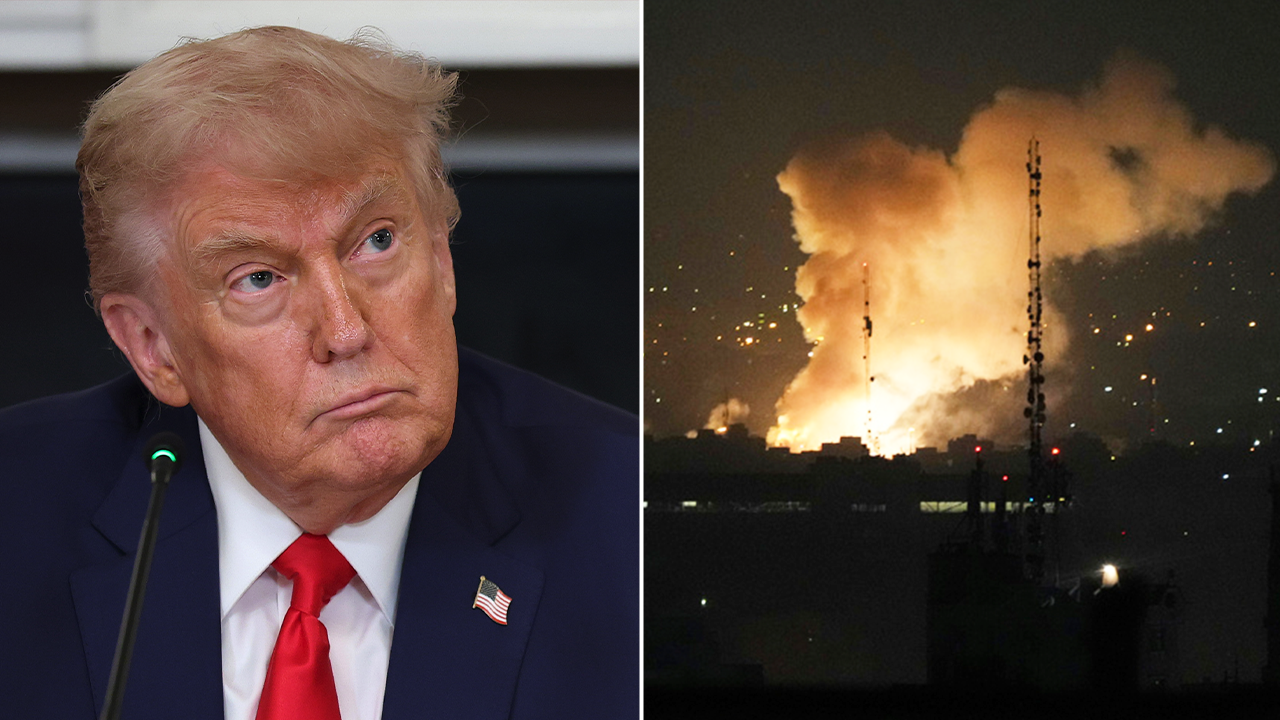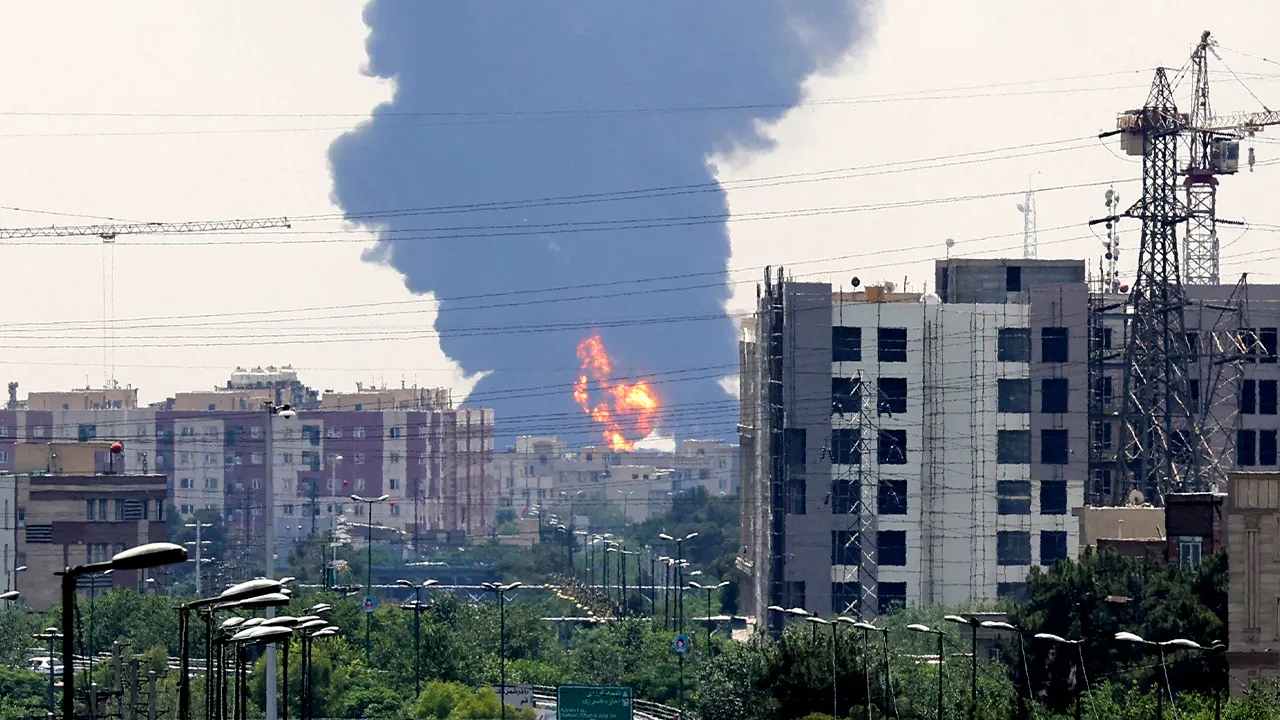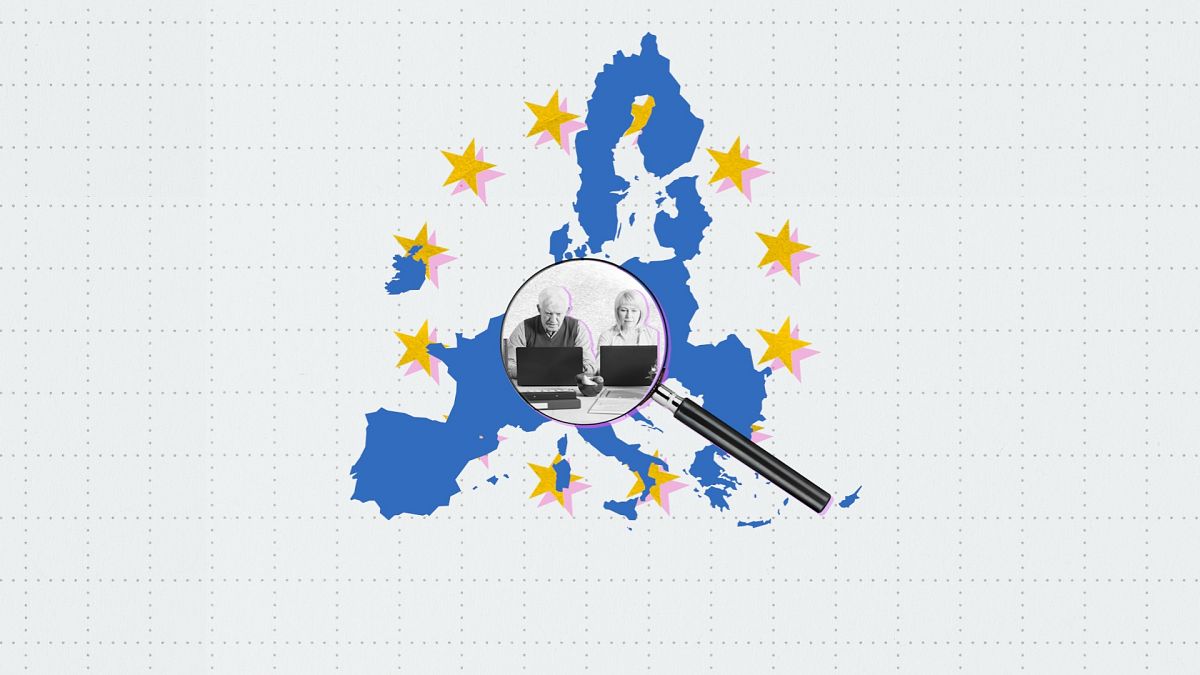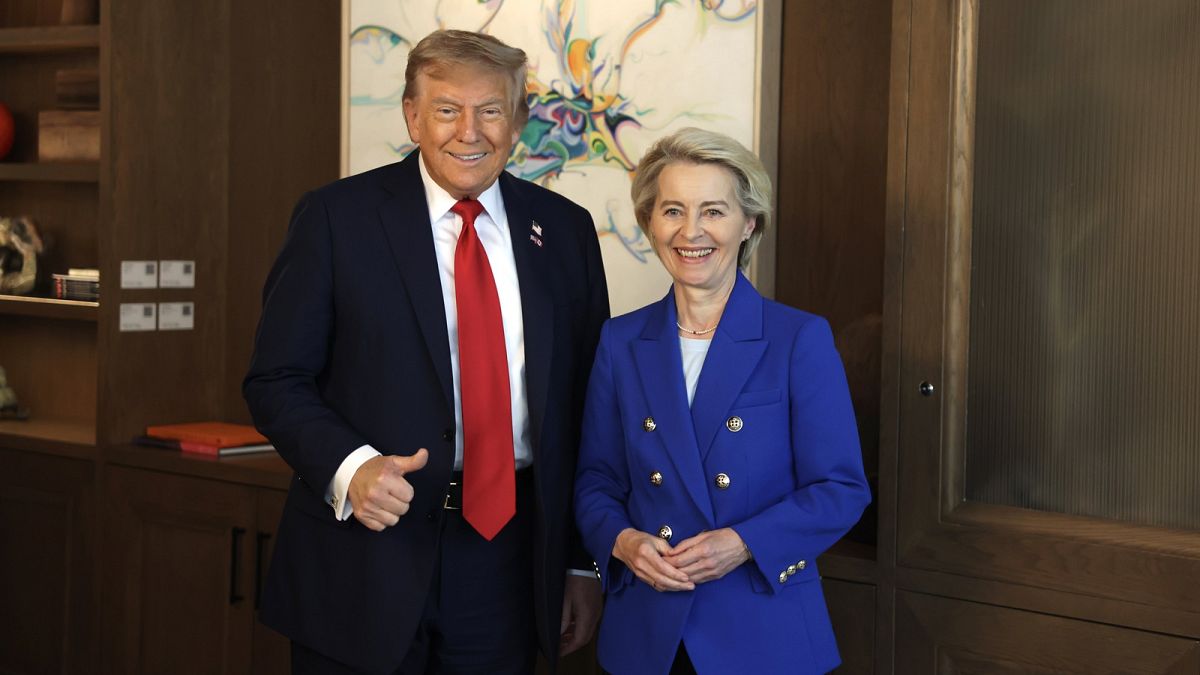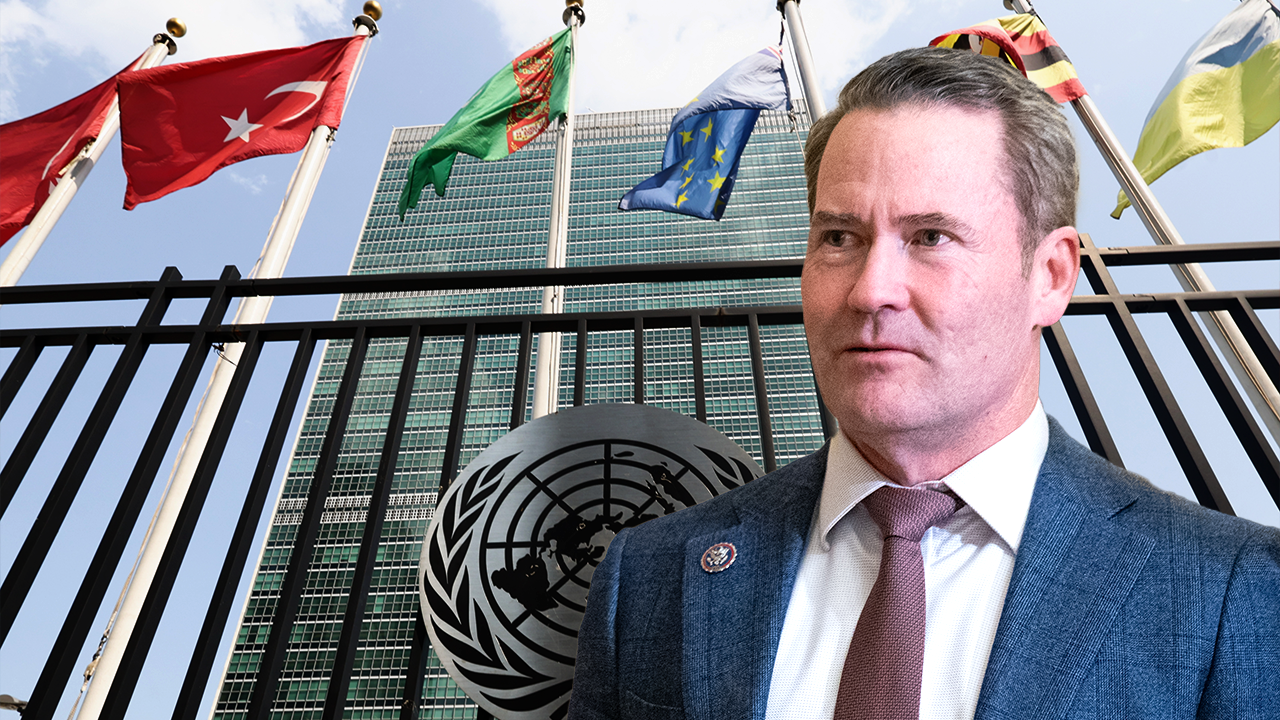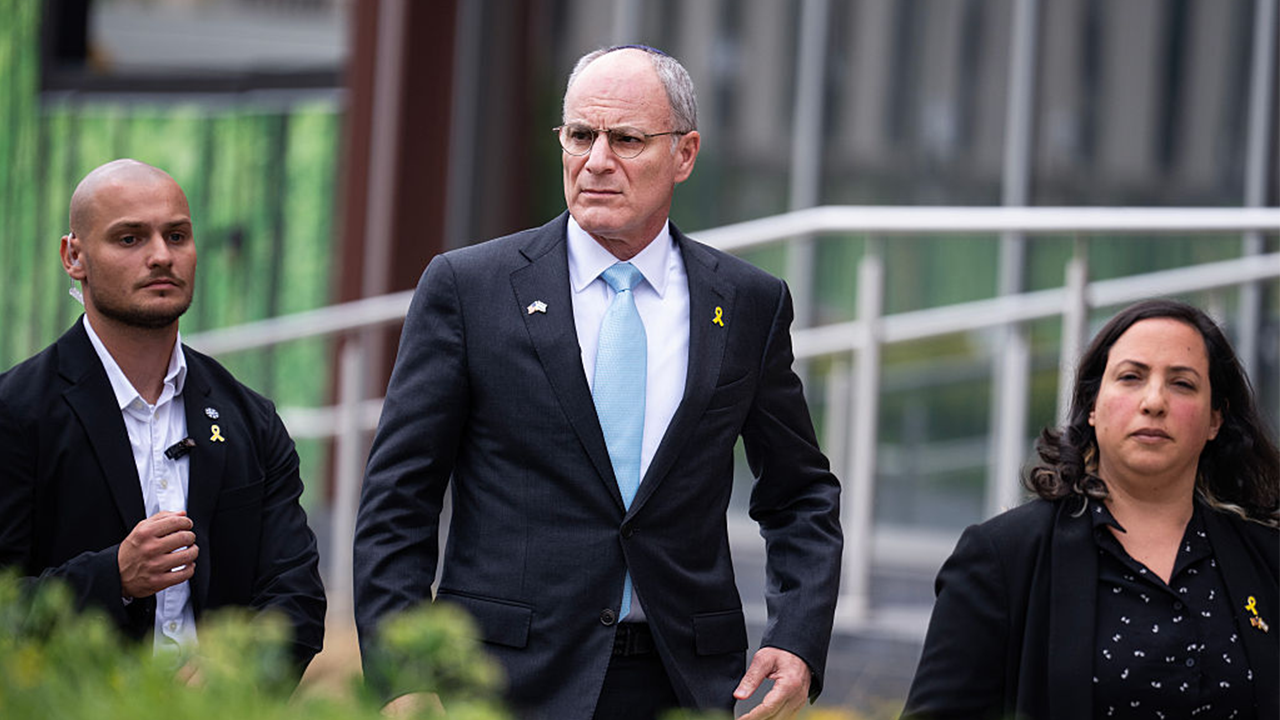The European Water Resilience Strategy presented this month by the European Commission aims to reduce water pollution, prevent waste and make water accessible to all. The EU’s executive body promises to help member states better implement the 2000 Water Framework Directive and three related laws. It will also promote more investment, given the seriousness of the situation.
Only 37% of the EU’s surface waters have a good ecological status and only 29% have a good chemical status. The continent is the fastest-warming region in the world due to climate change, which has increased the number of water-related natural disasters.
Currently, 30% of the EU suffers from water scarcity due to prolonged droughts. Meanwhile, devastating floods caused €325 billion in damage between 1980 and 2023.
“Everyone knows the emergency we are in and the investments needed in the sector. We have the numbers,” said Hildegard Bentele (Germany/EPP), a centre-right lawmaker who chairs the MEP Water Group at the European Parliament.
“We can react with the next EU budget and make better use of Cohesion Policy, because we have seen that the funds have not been used for the necessary investments,” she added.
According to the European Commission, around €55 billion is spent on water investments across Europe, but there is an annual gap of €23 billion additional funding needed.
To address this gap, the EU executive will allocate a larger share of the Cohesion Policy funds, which are intended for less wealthy regions, to water management.
In addition, the European Investment Bank will launch a new programme: €15 billion will be available over the period 2025-2027 and it aims to attract a further €25 billion from commercial investors.
Recommendations without binding targets
Industry and agriculture are two sectors that use a lot of fresh water and also contribute to its pollution with chemicals. One of the main issues the Commission intends to address is water pollution, particularly caused by chemicals called PFAS or ‘forever chemicals’.
“PFAS are substances dubbed forever pollutants because they don’t easily break down. So they tend to accumulate over time in the environment. Research has shown that exposure to certain types of PFAS causes serious health problems,” said Amandine Hess, Euronews reporter who covered the communication.
“The Commission is planning to launch a public-private partnership to support innovation, to clean up pollution from PFAS and other chemicals. The ‘polluter pays’ principle will be applied, so it means that public funding would be used only for the sites where it has not been possible to identify who is responsible for the pollution,” she added.
NGOs and the European Green Party say the strategy falls far short of providing concrete answers to the complex problems surrounding water management, pointing to a lack of clear legal requirements and a failure to tackle pollution at source.
“The environmentalists are calling for strict management of fertilisers and chemicals. On the other hand, the Commission call to increase water efficiency by at least 10% by 2030 but does not set clear binding targets,” said Amandine Hess.
MEP Hildegard Bentele admits that a 10% target for water efficiency is “a modest good intention” and acknowledges that member states are lagging behind in implementing legislation, going so far as to say that “we could sanction member states that do not meet the targets”.
“We are behind schedule, we have not seen much progress in the last 20 years. That is why we need to move faster. I would like to see the Commission more rigorous in this regard in the coming years, including in the new strategy”,said MEP Hildegard Bentele.
Watch the video here!
Journalist: Isabel Marques da Silva
Content production: Pilar Montero López
Video production: Zacharia Vigneron
Graphism: Loredana Dumitru
Editorial coordination: Ana Lázaro Bosch and Jeremy Fleming-Jones
Read the full article here





